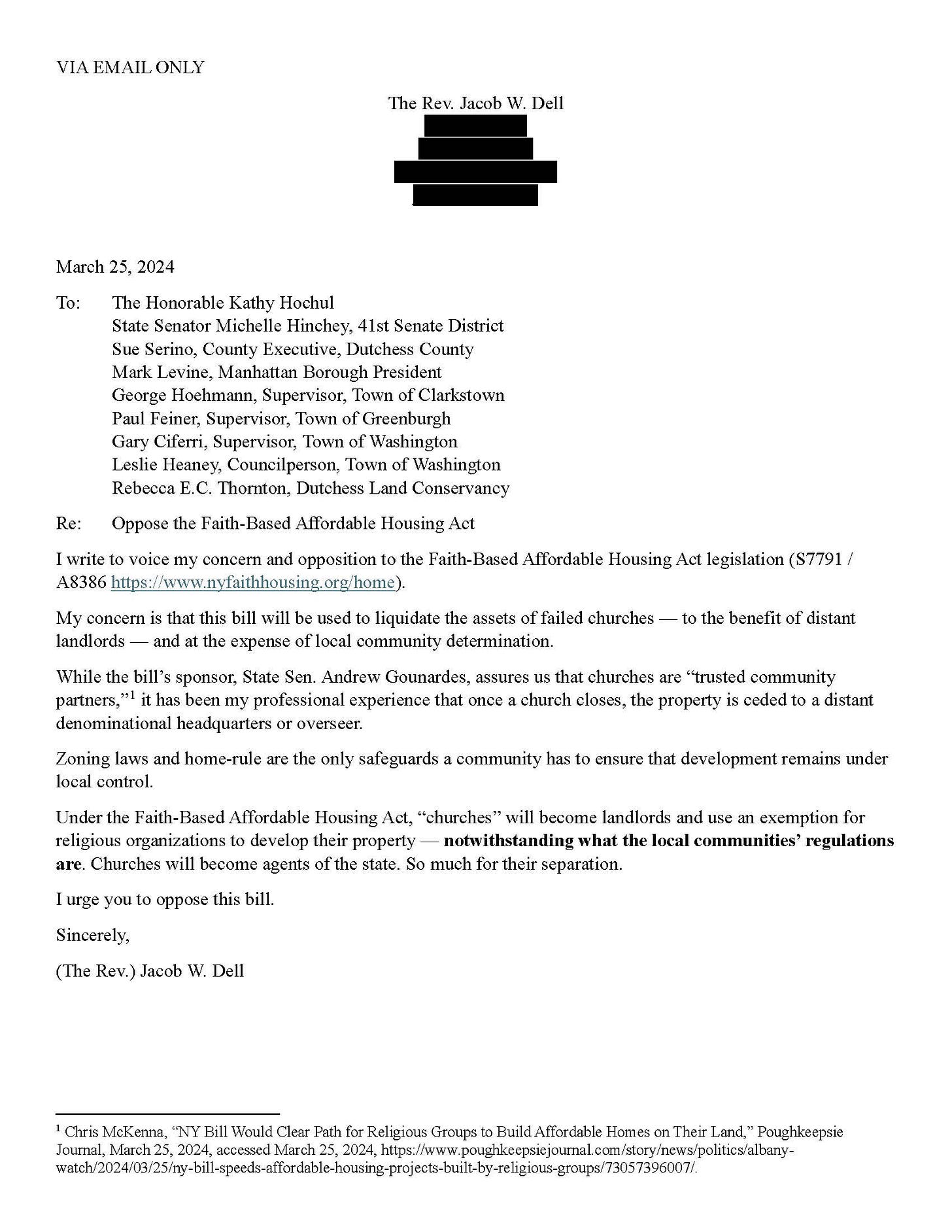As the mainline church continues to unwind its distressed real estate assets, it is becoming clear what the play will be.
The church is land rich, and, in a few years, will have no real membership left of which to speak.
As this plays out, you’ll soon have a handful of clergy, a few nominal laity in board positions, and billions of dollars under management — all operating with a very thin claim to the First Amendment establishment clause protecting whatever these erstwhile-churches-cum-real-estate-holding-companies decide to do.
Are we now getting to the point where we need another Henry VIII “to sack the monasteries”?
As I’ve written elsewhere, it’s time for the attorneys general to take an interest in how the mainline churches govern themselves, especially as they increasingly bear no resemblance to the organizations they once were.
This framework (h/t Aaron Renn’s “Institutional Triage”) strikes me as a key for assessing the current state of a denomination, a diocese, or a parish (insert your polity here) and what you can do about it.
Depending on where you interface with the organization determines which quadrant you’ll be in.
Realistically, the remaining conservative mainline clergy are in (or will be forced into) the lower left quadrant.
Laity, you are in the top two quadrants if you’re assessing a specific parish or congregation.
Redeemed Zoomer’s “Operation Reconquista” movement as a whole may be in the lower right quadrant, although I continue to think the mainlines are doing their best to destroy and delegitimate themselves.
An example of this delegitimizing is the proposed Faith-Based Affordable Housing Act that would override home-rule zoning in New York State.
My concern is that this bill will be used to liquidate the real estate assets of failed churches — to the benefit of absentee landlords — and at the expense of local community determination.
It’s funny how it’s all “principle of subsidiarity” until it’s the wrong subsidiary.
In this case, it’s the towns and villages that are left with these abandoned churches who risk being dictated to from afar.
While the bill’s sponsor, State Sen. Andrew Gounardes, assures us that churches are “trusted community partners,” it has been my professional experience that once a church closes, the property is ceded to a distant denominational office or overseer.
Zoning laws and home-rule are the only safeguards a community has to ensure that real estate development remains under local control.
Under the Faith-Based Affordable Housing Act, “churches” will become landlords and use an exemption for religious organizations to develop their property — notwithstanding what the local communities’ regulations are. Churches will become agents of the state. So much for their separation.
I urge our state senators, assemblymen, town supervisors, county executives, land conservancies, and others concerned to oppose this bill.
I have been invited to preach the Good Friday Service this coming Friday, March 29, at Grace Bible Church, 158 Myers Corners Road, Wappingers Falls, New York 12590. You are welcome to attend if you are in the area.







